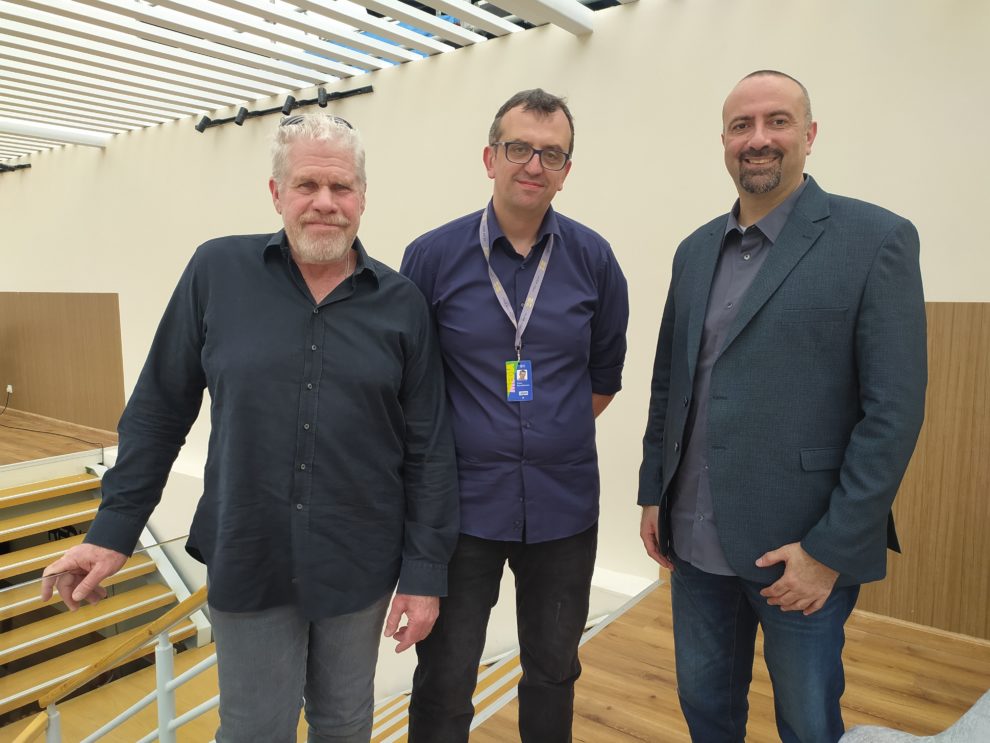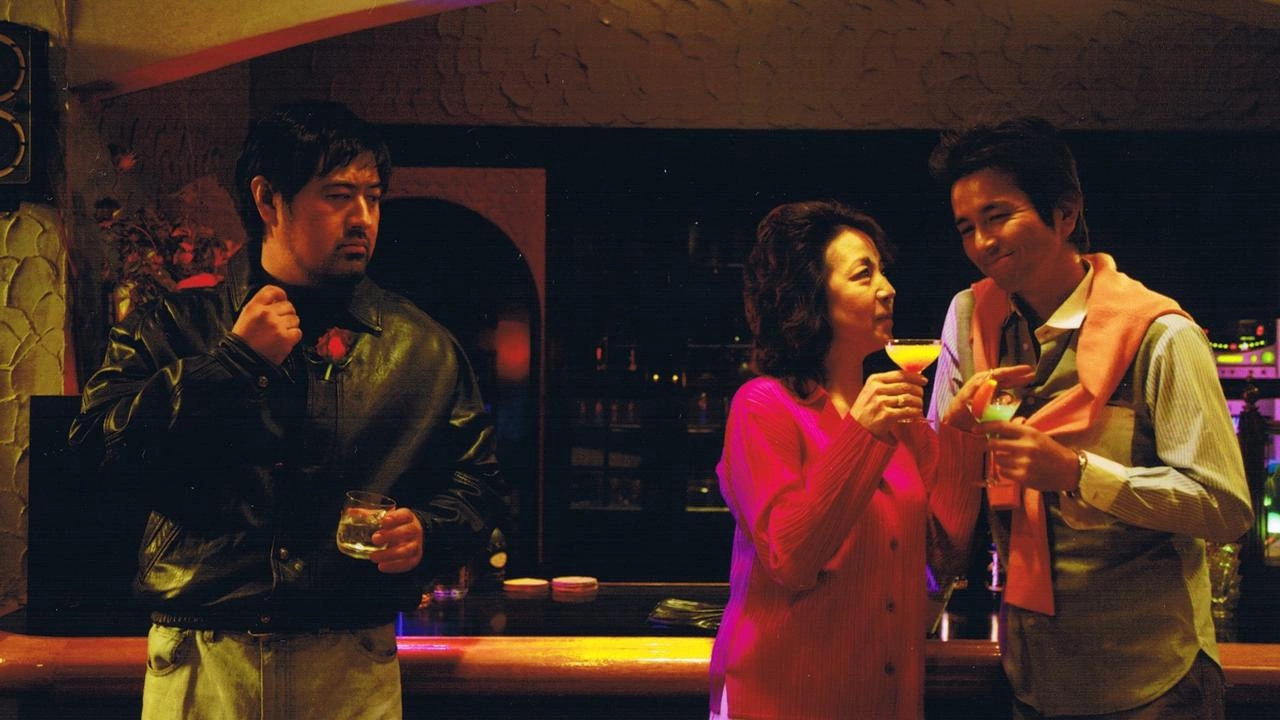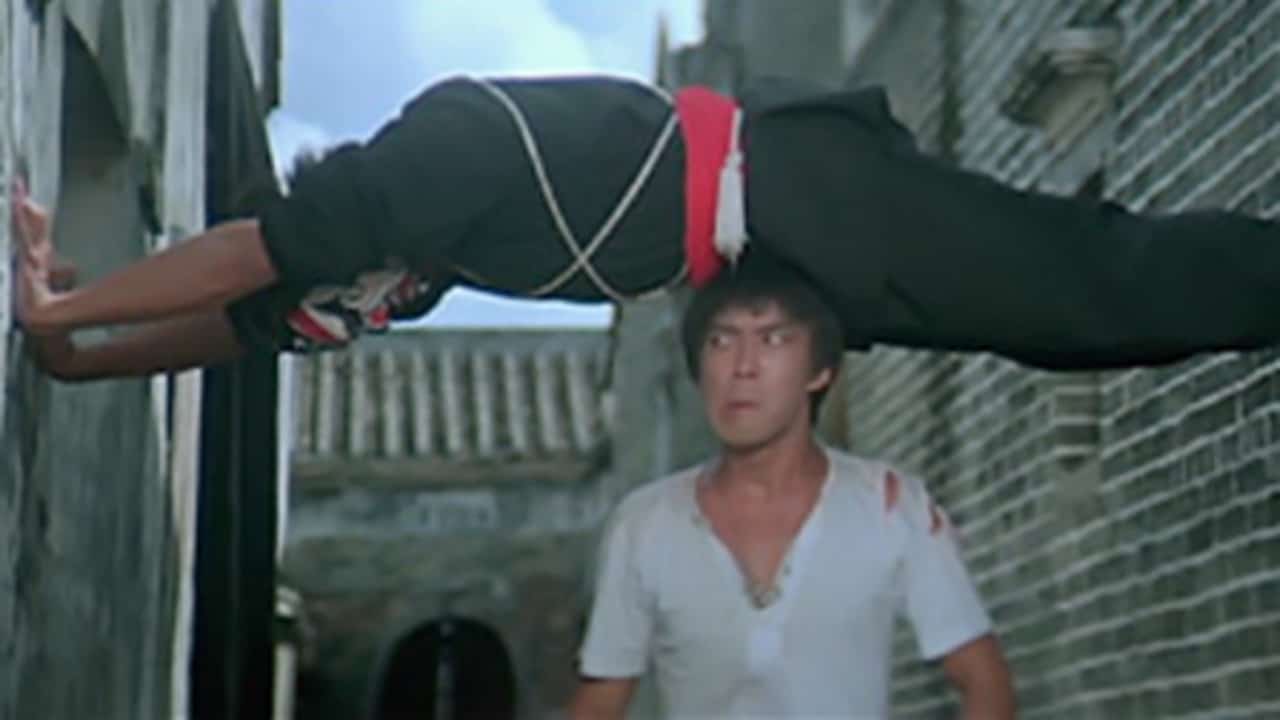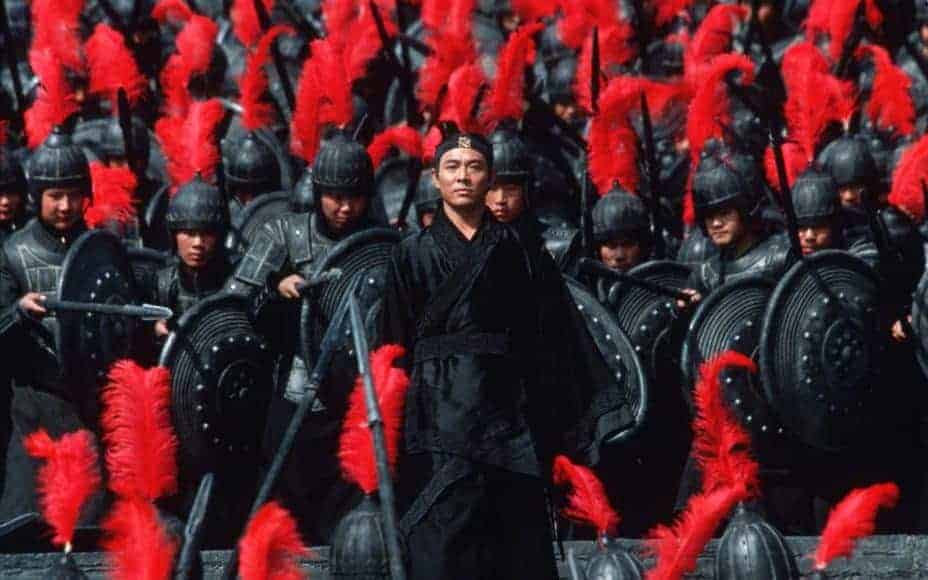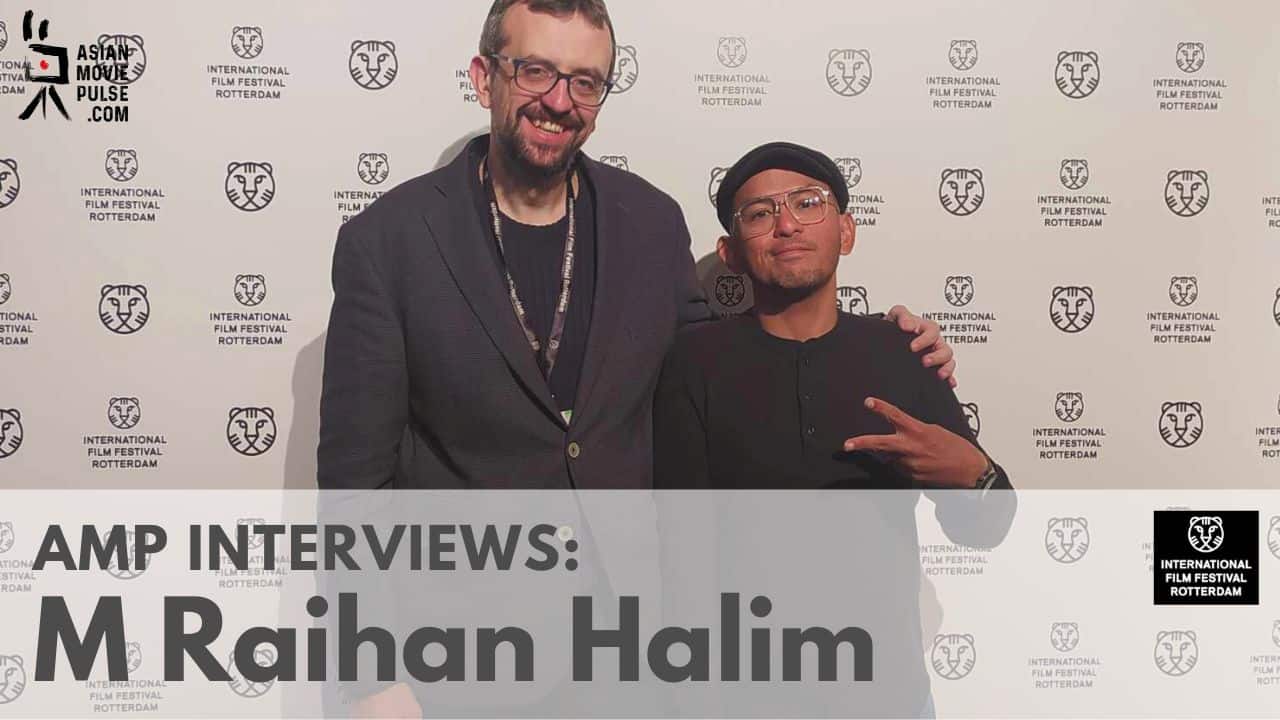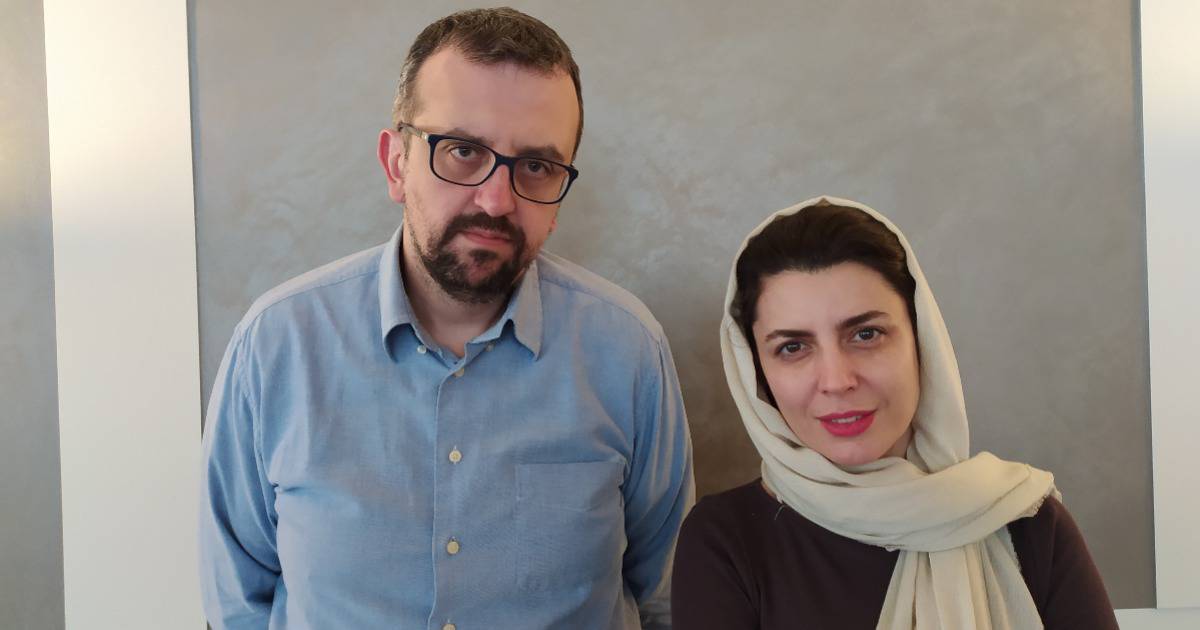Zeyad Alhusaini is an award-winning director, both in the U.S. and internationally, with such acclaimed laurels as the 2004 New York Independent Film Festival New York Award, the 2000 New York International Independent Film Festival Audience Award, the 2004 Chicago International Short Film Festival Best Cinematography Award, 1998 Seguaro Film Festival Audience Award, the 2006 Arab Ad Award of the year etc. In 2013 Z's commercials/campaigns won the Golden Award in three different categories at the AMF Advertising Creativity Awards. In 2005, Z was selected to be part of the New Filmmakers Series at Anthology Film Archives in New York and in 2006, was named one of the “Arab Filmmakers of the Year” by the French Arab Art Institute in Paris. He is also a recipient of Kuwait's national award for creativity, the highest honor bestowed on artists and filmmakers. In 2013, his feature screenplay of How I Got There was nominated for the prestigious IWC Award, headed by Cate Blanchett, at the Dubai International Film Festival.
Ron Perlman is a classically-trained American actor who has appeared in countless stage plays, feature films and television productions. His credits include the roles of Salvatore in The Name of the Rose, the role of Vincent on the television series Beauty and the Beast, for which he won a Golden Globe Award, the comic book character Hellboy in both Hellboy and its sequel Hellboy II: The Golden Army as well as Clay Morrow on the television series Sons of Anarchy.
Javed Jaaferi is an Indian actor, voice actor, dancer, comedian and impressionist. Debuting in Subhash Ghai's Meri Jung in 1985, where his performance in the song Bol Baby Bol Rock & Roll incorporated a path-breaking style showcasing his dancing excellence. Since then he has acted in over 60 films, including Hanuman, Main Prem Ki Diwani Hoon, Singh is Kinng, War Chhod Na Yaar and Bang Bang. He has won the IIFA Best Comedian Award for Salaam Namaste and the National Film for Best Film on Social Issues as producer of Inshaallah, Football.
On the occasion of “How I Got There” screening at Red Sea International Film Festival, we talk about the nature of the movie, the main character, the action scenes, Hollywood and Bollywood, and many other topics.
How I Got There screened at Red Sea International Film Festival
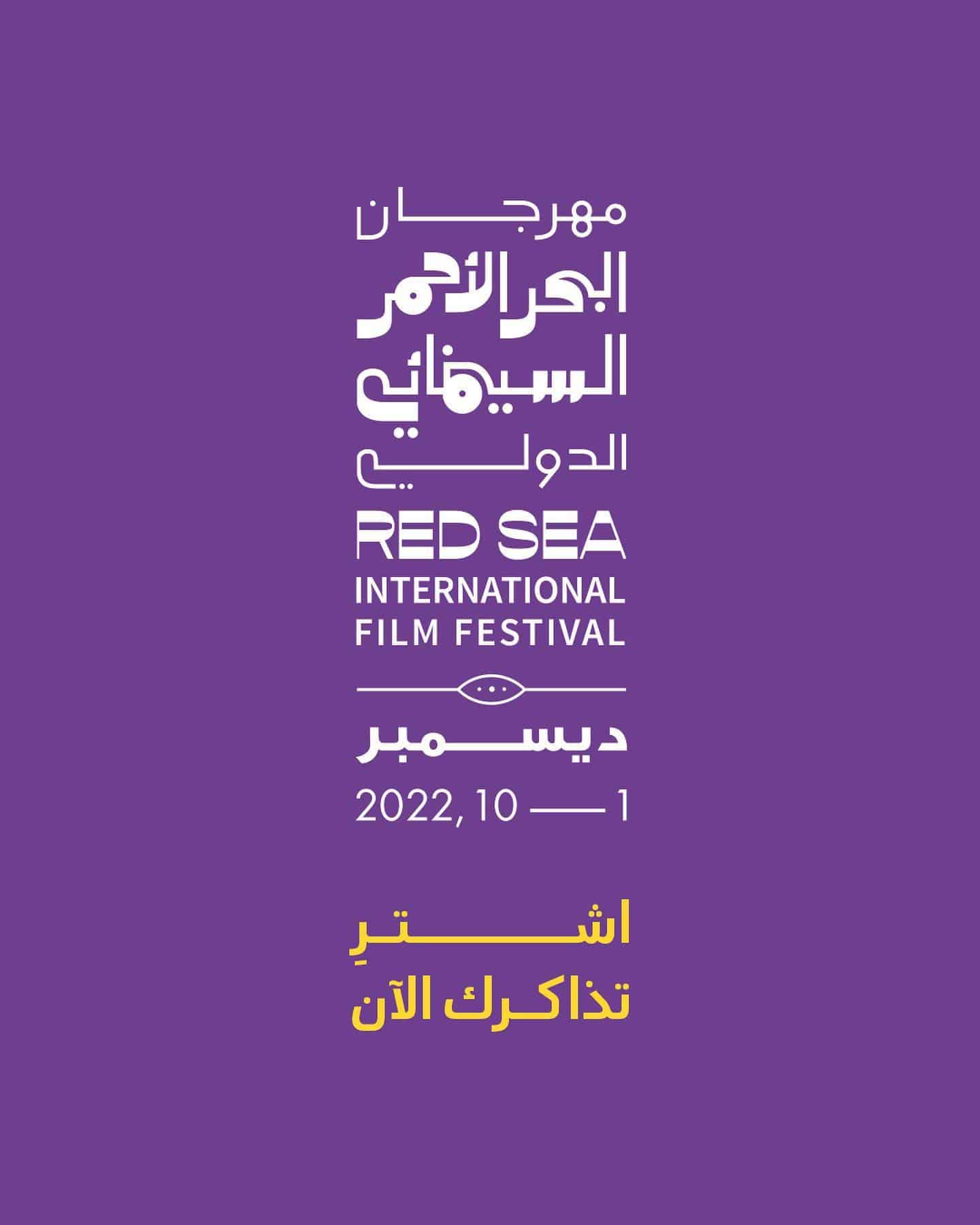
Why a crime film?
Zeyad Alhusaini: It is not really a crime film. The way I look at it is a film about life, a film that has action, comedy and drama. I would not put it in one genre only, it is really about someone's life, growing up in this real place, having these choices and deciding to make a choice, which in his mind has no consequences. But then consequence comes knocking, in the form of Mr Ron Perlman here.
Ron Perlman: I would describe it as a film about survival and the hope of not just surviving but maybe also having some happy moments along the way. And the way people go on about what they are willing to do in order to make that happen, this is the absurdity of this world.
It is a film about survival, but not many survive in the end. Is there a lesson there?
Alhusaini: Almost. Look at the end of the film, and look at the beginning of the film, which one came first? And does he die though?
I think I understand what you are saying. Would you say the main character is a weak man?
Alhusaini: I think he is a reluctant hero, he is someone who wanted to live life with no consequence, just live peacefully. At the same time, he is trying to find a better version of himself, but he doesn't. To him, all the women in his life were important until the death of the woman he loved and then he was just trying to find something he could never find. At the same time, he had this friend, As'ad, who is his brain and his muscle, and he is the one who got him in all this trouble. But he makes a decision at some point, to not be that victim anymore, to change everything despite the consequences.
How was the experience working in this production? How different from Hollywood was it?
Perlman: I try to stay away from Hollywood. I am obsessed with working in conditions that remind me of when I was 19 years old and I had nothing to lose and everything to gain. Everything was the first time, everything was exciting and pure and innocent and I found that the best chance for me of having that feeling is to work independently. Particularly with first time filmmakers. Not that that was the criteria, but this really helped a lot, that I knew this was a guy that was answering only to his own expectations of himself, rather than being beat down by a whole tower full of studio executives who operate on fear. There is no place for fear in my business and yet, it is everywhere. And it shows. These independent filmmakers who do not answer to anybody, when I cooperate with them, is when I feel most alive, when I am the least cynical.
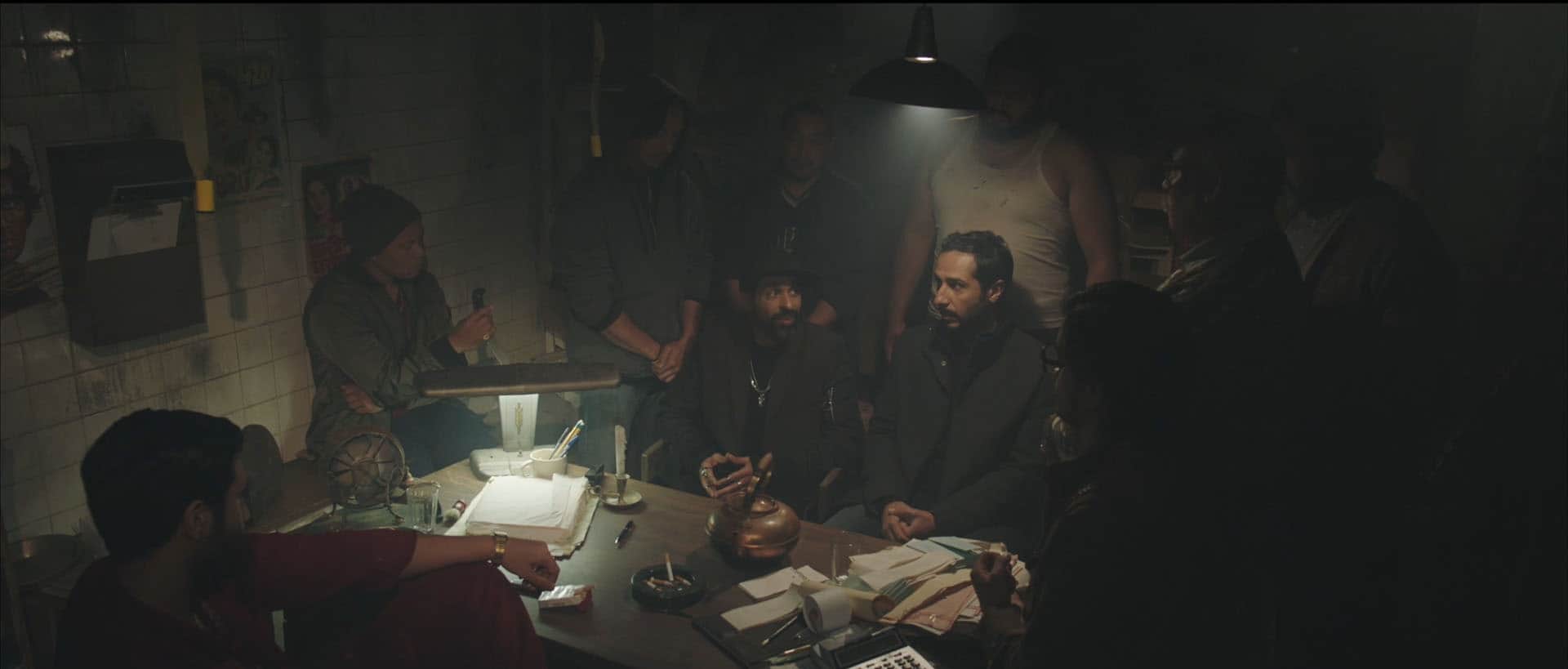
Is it difficult finding parts like that now?
Perlman: I am very lucky because most of the guys that used to get my parts are all f**cking dead. (laughter). So there are really good things coming my way cause I am the only one left. A lot of my roles coming my way are legacy roles about an old man who is looking back at his life and wondering what it was all about. Nothing more existential than legacy, nothing! And since existentialism is the thing that keeps me completely mind blown about being part of cinema, then I am in a really good place.
How was the shooting in Kuwait?
Alhusaini: They are actually shooting a lot of TV stuff there so for us it was a bit more difficult. Because we had a bigger crew, we had to bring a lot of equipment in and we had a team of 20 people actually, from different countries. So, it had its challenges but we had a very good producing team and we got through. It was quite a well-oiled machine. With Ron, we also shot in Mexico; we had some difficulties there but it was manageable and we got where we wanted.
Can you give me some more details about the final action scene?
Alhusaini: I belong to a group called the SAYOC group, and they are a tactical group doing a lot of fight choreographies for films. We never really show the stuff we do during training, so they came out in Mexico and worked with me and Ron and created this crazy action scene at the end. So it was created by the SAYOC group and myself. There is also the first shootout scene which was like chaos, cause that is how an actual shootout scene would look like. If you are in it, and everything slows down, what would it look like, and that is what we spent a lot of time building, in little pieces.
You seem to know a lot about shooting.
Alhusaini: Yes, I was in the Gulf War as a medic and also I do a lot of training and martial arts. I am a student of action scenes, and the methodology of a lot of action directors. So, it was very important to me to create another experience that no one has seen before.
Are you happy with the end result?
Perlman: Tremendously happy. I had a funny feeling that he was making a good film, I just didn't know how good. Last night, the first time I saw the film, I was so pleasantly blown away because the filmmaking is so sure-handed. The order of how the scenes are played, the first images are like as if from a grim fairy tale, very stylized, with weird angles, angelic in a way. And I was like, “Ok, I didn't realize he was making that kind of movie”. And little by little, as our lead character's life becomes more infused with reality, the style becomes more real, less fantastical. This is a filmmaker who really has to know what he is doing if he is going to have this kind of measured difference in style from the beginning to the middle to the end. And the end is so ultra real that is almost too much to take. Which is exactly what the characters experience and what the audience experiences. I realized that I was working with somebody serious and has the same kind of joy for cinema as I did. We have the same heroes, we talk about movies all the time, we have become really good friends. Five years since we did this.I had no idea how skilled he was and what he was able to bare on the screen as what I saw last night.
Alhusaini: I have seen the film like 5 million times and at some point you have to let it go and leave it to the audience. Of course I like it, and the fact that Ron loves it is enough for me.
Are you planning to cooperate again?
Alhusaini: Absolutely, many many times
Perlman: Hopefully. There are many stories to tell.
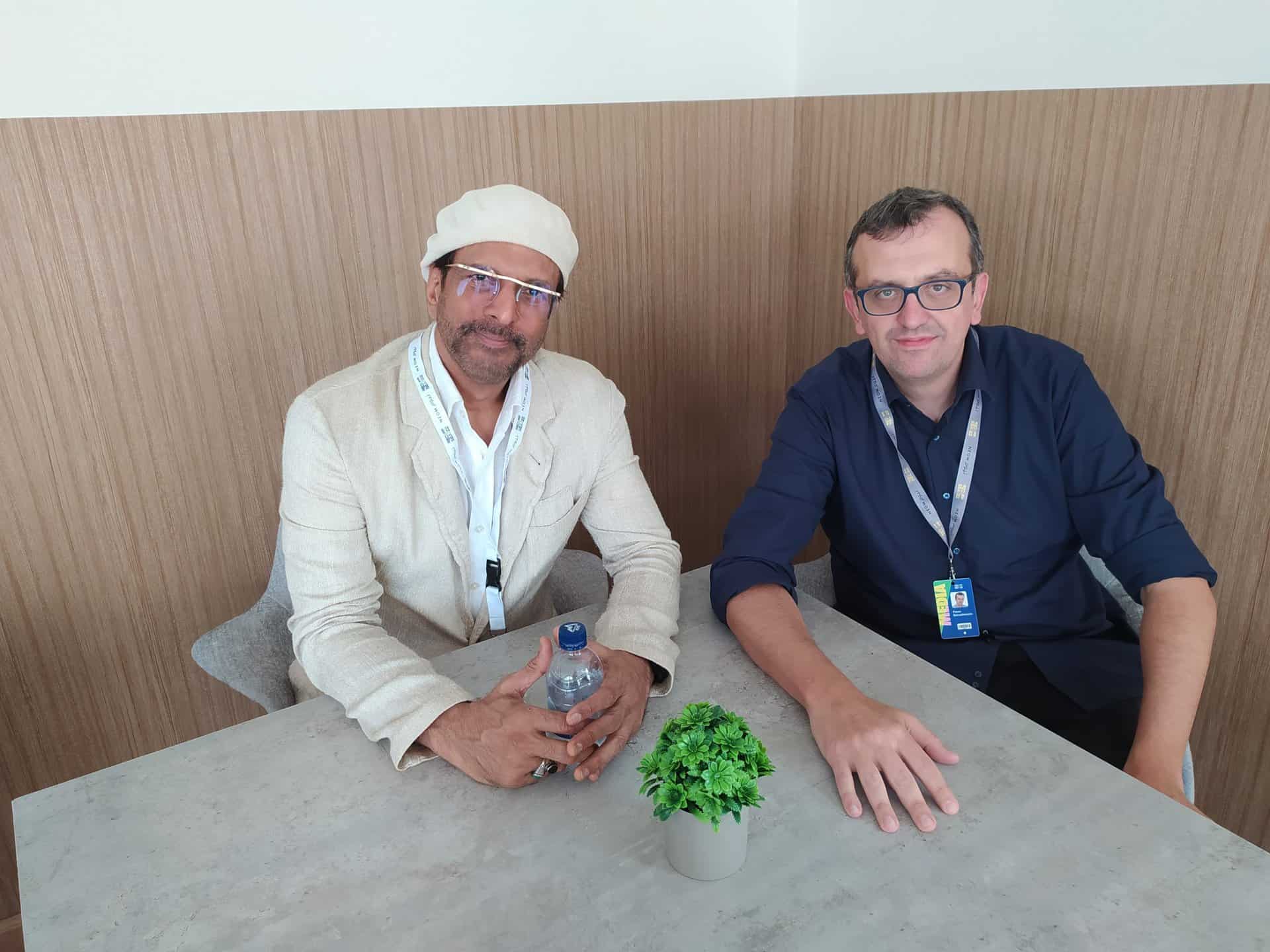
You have been working in Bollywood for 38 years. How did it come to you appearing in a Kuwaiti movie?
Jaaved Jaaferi: I got into Kuwait 4-5 years ago, because the shooting was delayed due to Covid. It was an emotional decision for me since Abdulaziz AlYaqout, one of the producers, is like a brother to me and he asked me to do a cameo of sorts in the movie and I agreed, without looking at the script even. When I saw the director, however, and saw how competent they were in the way they were shooting it, I just liked the vibe of what was happening. I would have done it anyway, even if it was a bad film, but it really was a very good film. This kind of film is not usually made in Kuwait or the Arab world, a very Tarantino-Guy Richie style and I felt that was really cool.
What were the most major differences between working in Hollywood and working in Kuwait?
When you are on a film set, you could be in Hollywood, in Bollywood, in the Arab world, it is very similar because the cast and the crew, the camera, the lights, the basic infrastructure is very similar, you just hear different languages. Hollywood may be slightly more organized, while in India everyone is loud and yelling things. I just felt that the vibe is very similar, of course it depends, if for example you are working in a small, guerilla film with a small budget, there would be lesser crew, not so luxurious regarding the amenities. Today, a big-budget Bollywood film is like a medium-budget Hollywood film, as far as ambience is concerned. To get back to your question, when I was in the set of “How I Got There?” it was very similar to any film I have worked on before, I do not find much of a difference as far as filming is concerned. Everyone is tuned in, there is pretty much a common language, the film language, and most are working in a similar way.
How was the particular location though, Kuwait?
I was mainly in a building, I just shot for one day, I was not in outdoor locations. But I see that they have really done a great job exploiting Kuwait, its underbelly in particular, the affluent areas. As a production, because Zeyad, the director, is coming from an advertising background, and advertisement directors have a little more style and panache, because they have to tell a story in 30 seconds for example, so there is a certain language in editing and how you do the various takes. The genre was crime, it was fast moving, satirical.

What is the situation in Bollywood right now?
Covid affected India quite a bit, because there were a lot of people that were hit economically, the middle class and even some of the rich people, so cinema was one of the last things on their mind. Cinema is a luxury. Now it is coming back though, the South Indian film industry in particular, Telugu, Tamil, Kannada and Malayalam, are suddenly becoming pan-Indian. There was a time when they were restricted to the South, but now the south films have gone to the North, the last 2-3 years they are the top-grossing films. They are grossing maybe 4 times more than big Hindi-Bollywood movies. People are now identifying with those films, something that did not apply before. They are slightly over the top, like “RRR” but they are huge in terms of popularity.
Wouldn't you say that “RRR” is essentially implementing Bollywood aesthetics?
Like I said, the Bollywood film industry, technically speaking, was the largest in numbers as far as audiences are concerned. Then comes Tamil, Telugu, Kannada and Malayalam. So, this is the South, and people are still thinking about “Baahubali”, which was the one that broke the ice. Suddenly the North audience said “Wow!” and they loved the film and it made a lot of money. Bollywood has been trying to become Hollywood but this South industry did not go that way. Instead they took the technical finesse of Hollywood, but kept the soul of India. They kept the emotions for example.
So, do you think that Bollywood should change?
I think they are adapting towards the tastes of the audience. But also as I mentioned before, due to financial issues, people who went to the cinema once a week, now go once a month. So they will choose which film they will go to at the cinema. They have become very selective, also because there are a lot they can watch on streaming services now. So, if there are four films coming out every month, one will choose only one and the other three will not be watched.
Since I saw him here a bit earlier, do you think Shah Rukh Khan will come back to the top once more?
Look at Harrison Ford for example. He was an action hero, but now, even though he is of a certain age, he is still playing leading roles, but within his age. The same happened with Amitabh Bachchan, he is still highly respected, but he is doing roles of his age, like Ford or Clint Eastwood. I think Shah Rukh Khan will have to make a shift at some point, from being the romantic hero to another kind of protagonist, like the aforementioned.


